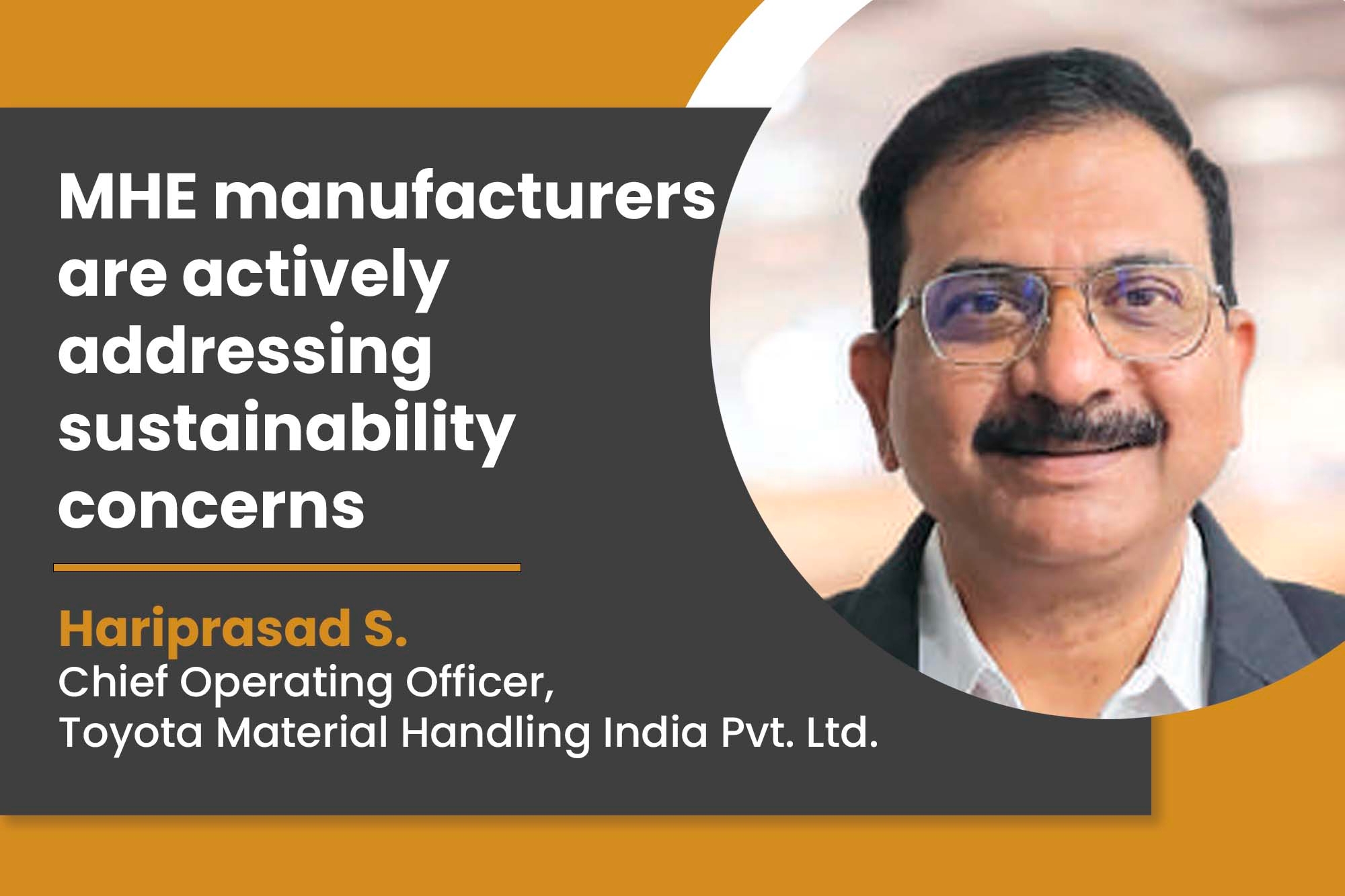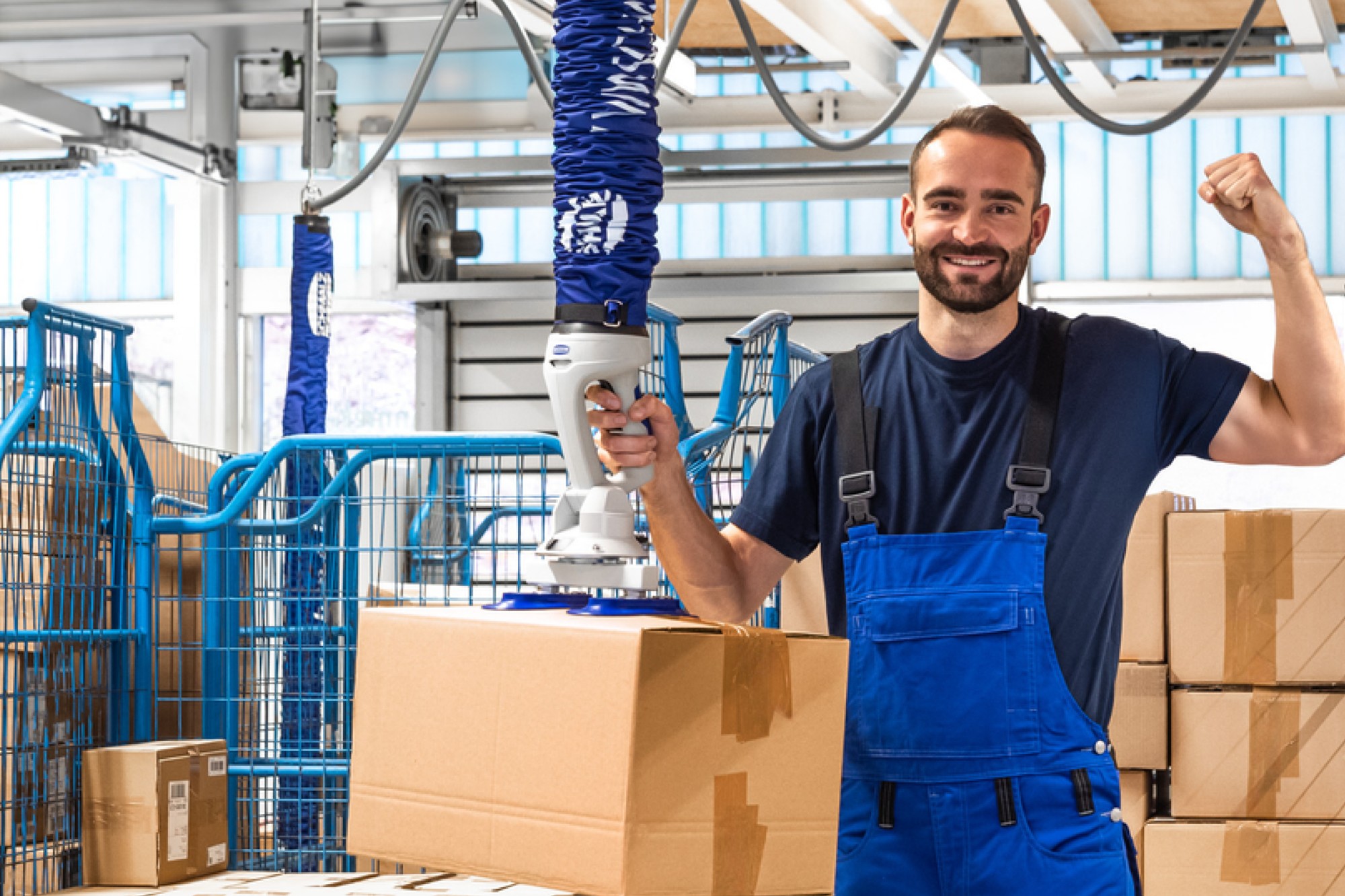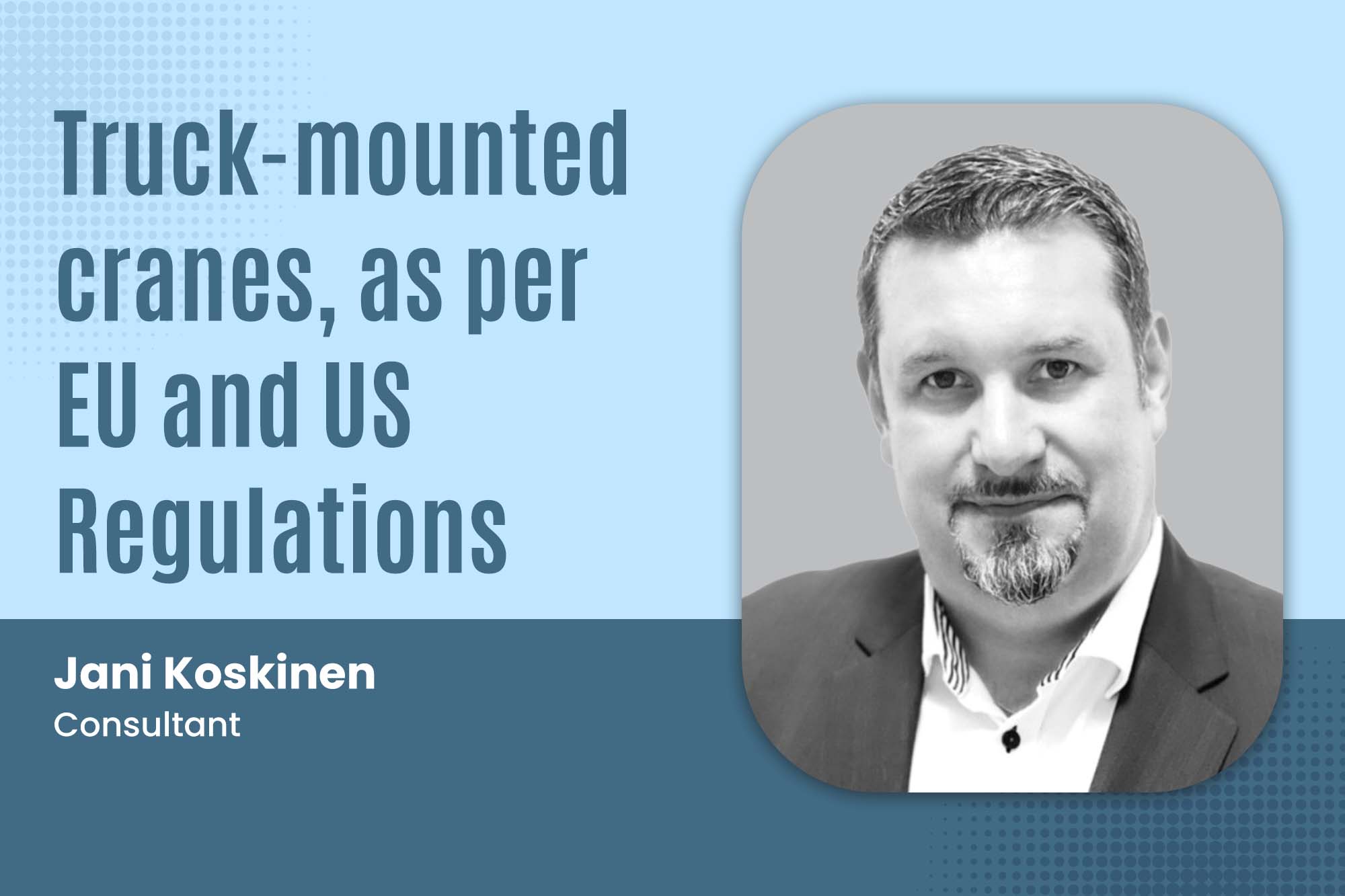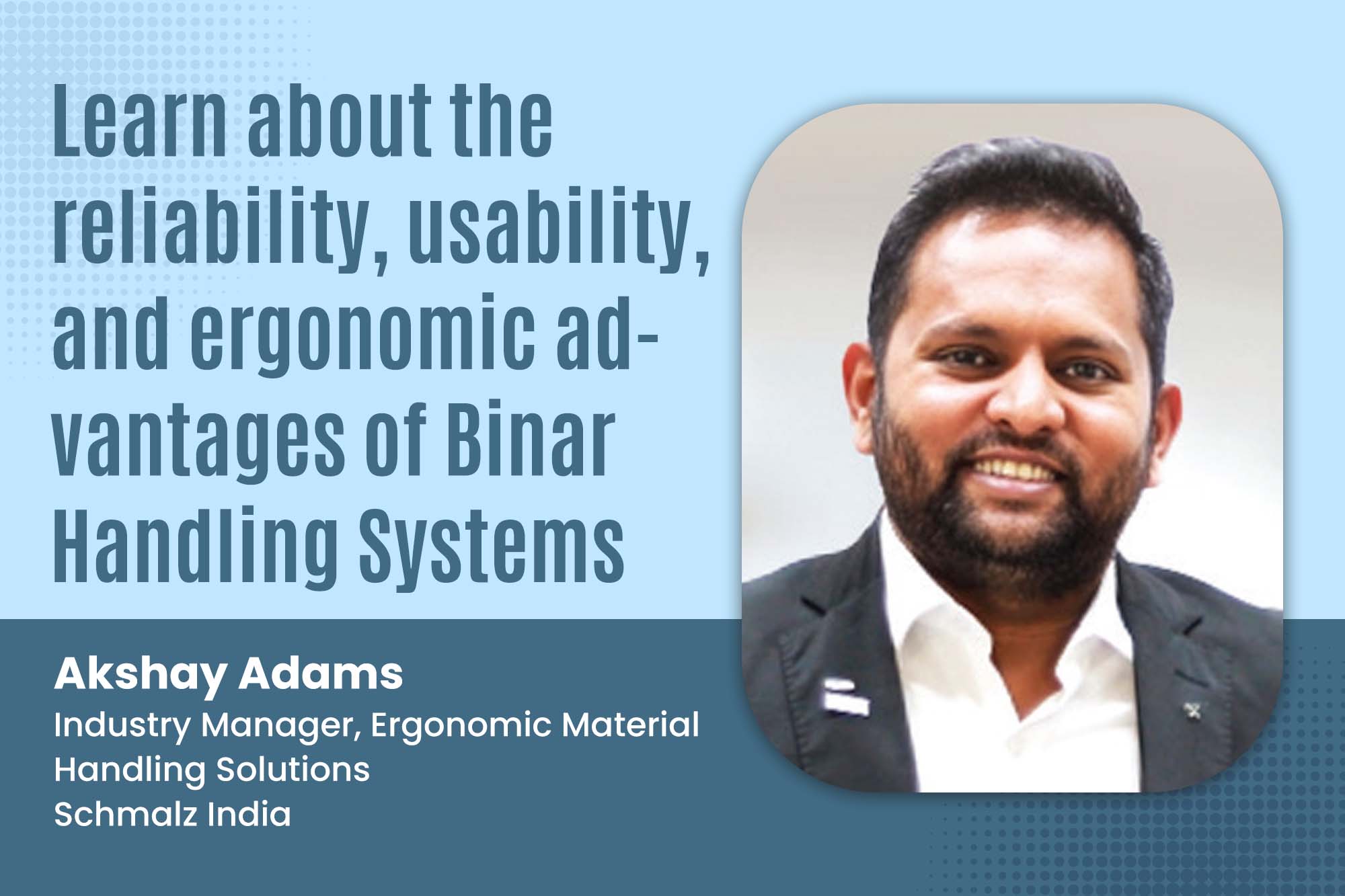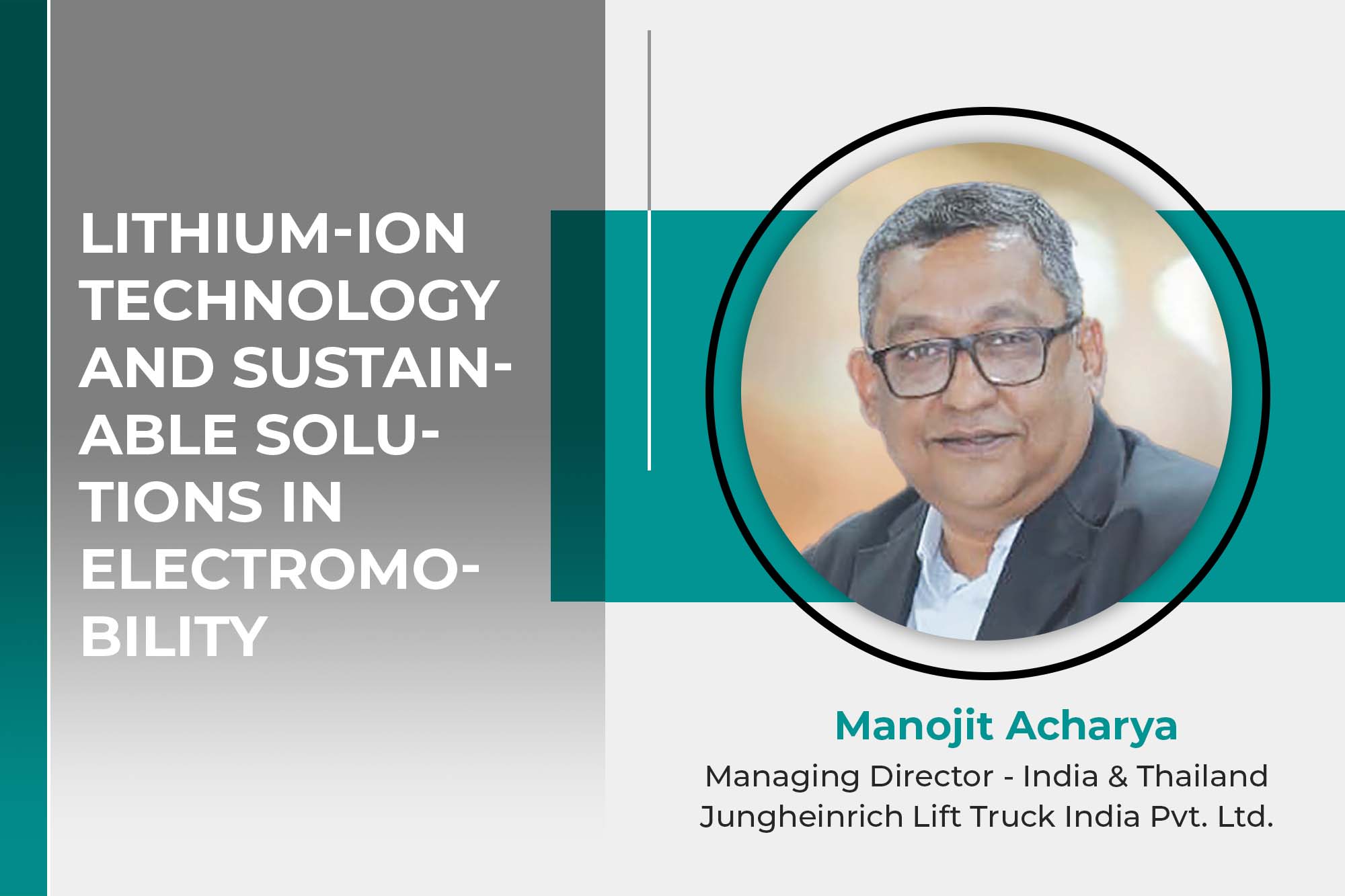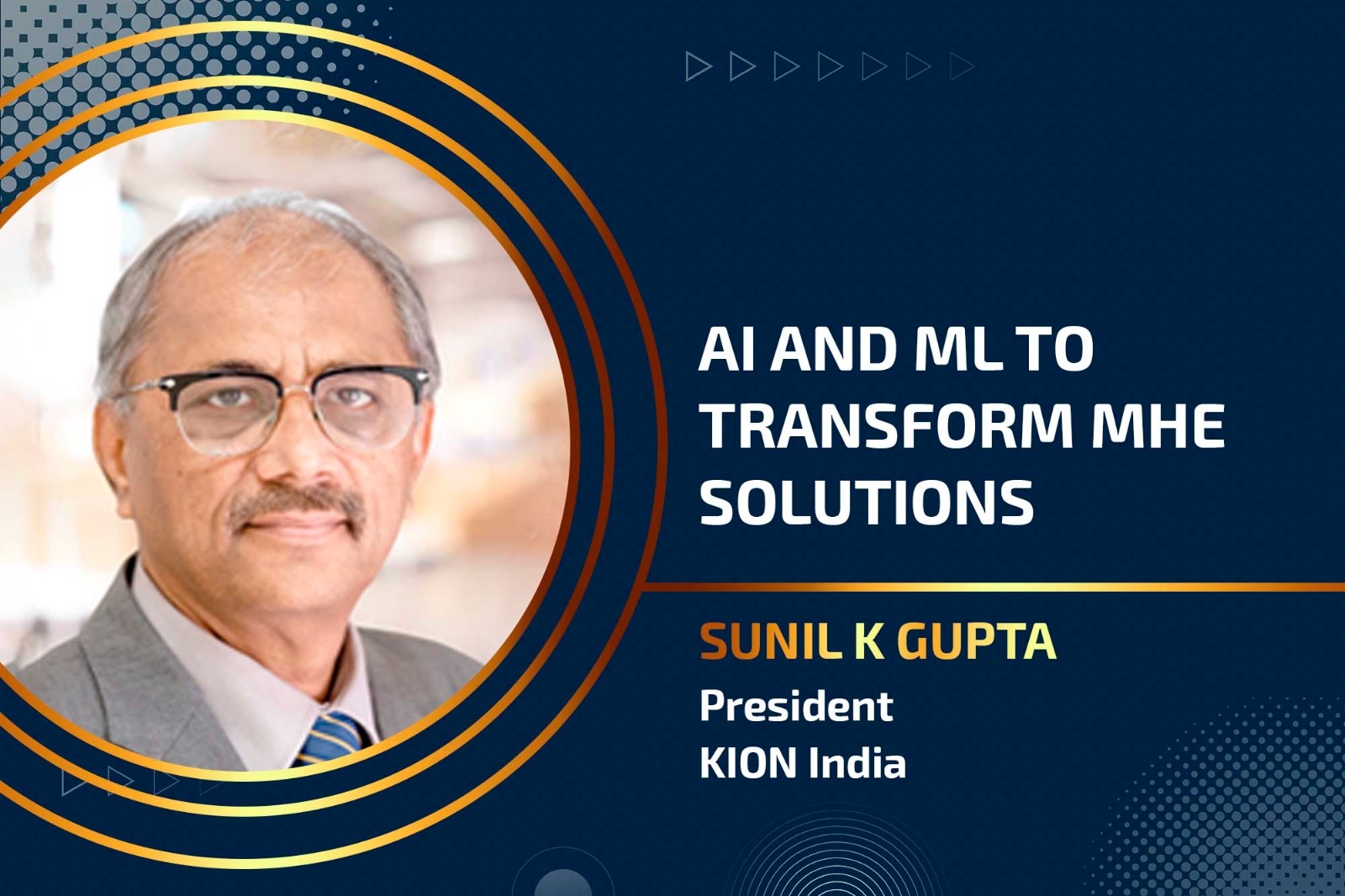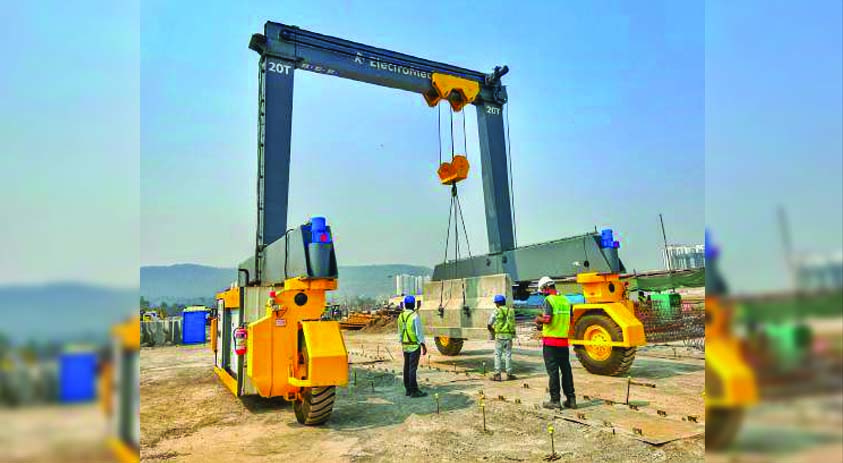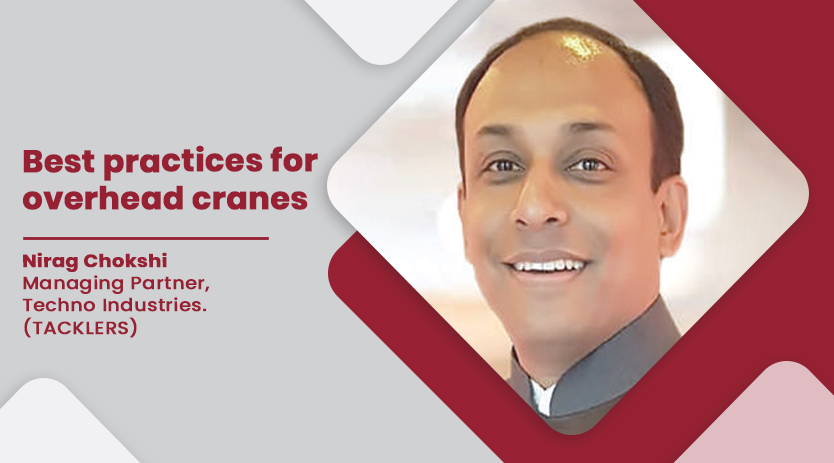MHE manufacturers are actively addressing sustainability concerns
By OEM Update Editorial February 28, 2024 3:22 pm IST
Material handling equipment technology is key to improving efficiency and overcoming logistics challenges, contributing to the sustainability of warehousing and distribution processes. Hariprasad S, Chief Operating Officer, Toyota Material Handling, India shares insights into the changing trends shaping the future of material handling systems.
How does India’s key sectors’ growth influence the demand for material handling solutions with the surge in e-commerce?
With India’s ascent to the fifth-largest global economy, prime sectors like information technology, manufacturing, services, and agriculture have experienced rapid growth. This economic condition is providing impetus to the material handling industry in India. The increasing cost of labour and an emphasis on ensuring workplace safety are additional factors that propel the need for safe, reliable, and efficient material handling solutions. Additionally, with the surge in e-commerce and the need for faster shipping, there will be a high demand for MHE solutions that offer flexibility, scalability, and integration with advanced technologies.
What key factors are driving the evolution of the material handling industry?
The Material Handling Industry is rapidly evolving, with increased palletisation of loads and the need to utilise vertical space through high-raised racks and automation. In response to the escalating demands of customers, Toyota material handling solutions are designed to deliver high efficiency, minimum downtime, and enhanced productivity, with safety as the utmost priority. Advanced technologies such as automation and data analytics are helping various industries. These technologies streamline their processes, optimise space utilisation, allocate resources efficiently, and manage inventory effectively, improving overall productivity.

How does Toyota Material Handling’s telematics solution adapt to the evolving needs of the logistics industry?
Managing fleets across different sites poses a significant challenge in various industries, particularly logistics. There is a rise in innovative technologies to meet the growing demands in logistics. One such advancement is utilising new and advanced telematics solutions from Toyota Material Handling. It provides a single platform to track, analyse, and take corrective actions with real-time equipment data analysis, irrespective of location. This enables customers to manage their fleets efficiently, ensuring smooth operations and better resource utilisation.
Further, as the industry expands, the requirement for a skilled workforce is increasing daily. Automation capabilities in the manufacturing space will boost the material handling equipment market size. Automation solutions mitigate the needs of the workforce and, at the same time, largely improve productivity and safety.
What benefits do AI and IoT technologies bring to the supply chain and manufacturing process?AI and IoT technologies offer numerous benefits to supply chain and manufacturing processes. They have become integral to automated material handling. AI algorithms analyse vast data to optimise inventory levels, predict maintenance needs, and improve demand forecasting accuracy. IoT sensors provide real-time insights into equipment performance, enabling predictive maintenance and reducing downtime. AI and IoT enhance operational efficiency, reduce costs, and improve overall supply chain resilience.
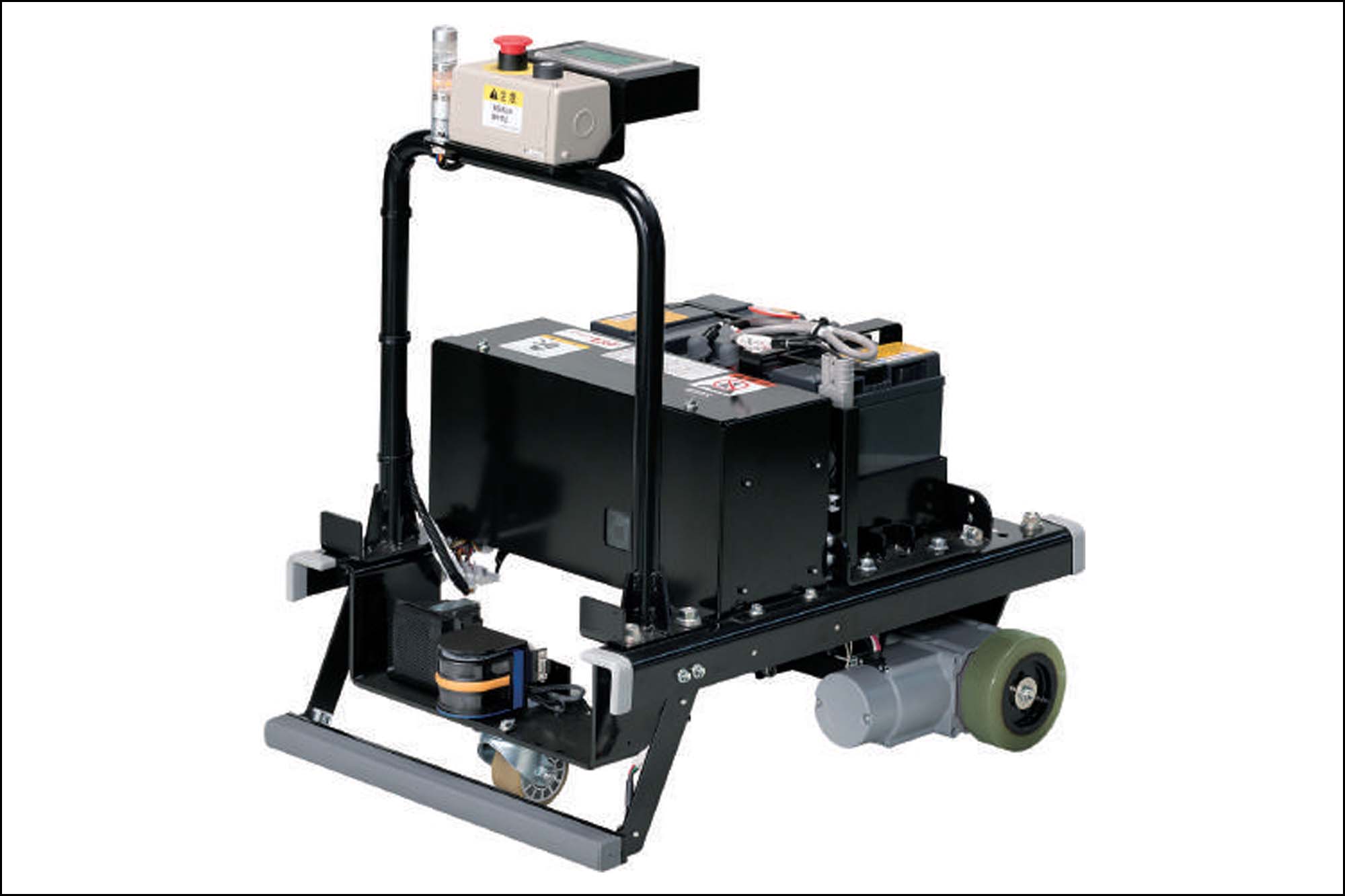
How does lithium-ion battery technology address sustainability in manufacturing material handling equipment?
Material-handling equipment manufacturers are actively addressing sustainability issues and introducing innovative solutions for warehousing and distribution. One of the advancements is the adoption of lithium-ion (Li-ion) battery technology. It plays a key role in enhancing sustainability efforts. Li-ion batteries offer superior energy efficiency compared to traditional power sources, contributing to reduced energy consumption and carbon emissions during operations. Furthermore, our industry is committed to utilising recyclable materials and implementing eco-friendly manufacturing processes across their product lines. Integrating renewable energy sources such as solar panels and hydrogen fuel cells is also gaining traction, enabling equipment to operate more sustainably while minimising environmental impact.
How do you envision MH systems adapting to the requirements of the industry?
The future of material handling systems will focus on meeting the demands of faster shipping, order customisation, and last-mile delivery driven by the rise of e-commerce. This includes adopting advanced robotics and automation for order fulfilment, integrating AI and machine learning for predictive analytics and demand forecasting, and implementing autonomous delivery vehicles for efficient last-mile logistics. Additionally, flexible and scalable systems will be crucial to accommodate fluctuations in demand and enable quick adjustments to meet customer expectations.
How do companies harness data from sensors and IoT devices to improve operational efficiency throughout the supply chain?
Companies leverage data-driven insights to optimise decision-making and improve operational efficiency. They gather data from sensors, IoT devices, and operational systems to gain real-time visibility into supply chain operations. Advanced analytics and machine learning algorithms analyse this data to identify patterns, predict demand, and optimise inventory levels. By leveraging data-driven insights, companies can make informed decisions, improve resource allocation, and enhance overall operational efficiency throughout the supply chain.
Cookie Consent
We use cookies to personalize your experience. By continuing to visit this website you agree to our Terms & Conditions, Privacy Policy and Cookie Policy.



